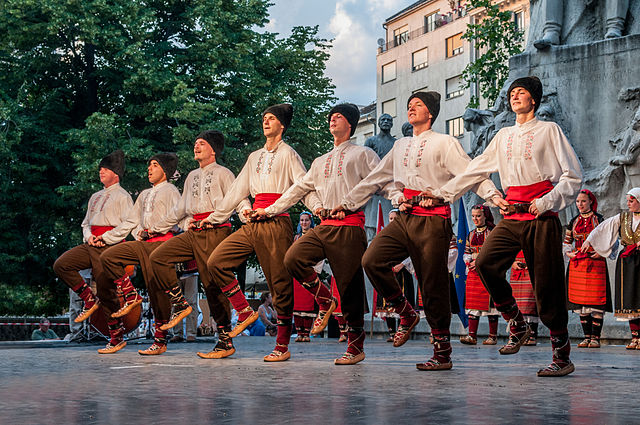Culture vs Lifestyle
While some may mistake culture and lifestyle as being the same, they are, in fact, two distinct concepts with clear differences between them. Culture and lifestyle are inter-related concepts that appear in the study of human society. Anthropologists and sociologists have long been interested in human behavior within different societies, leading them to examine the cultures and lifestyles of various groups of people. Culture can be described as the sum of behavior, thoughts, customs, and practices of a group of people, while lifestyle refers to the way a group of people lives. It is much easier to change one’s lifestyle than one’s culture. The connection between these two concepts is that culture encompasses lifestyles, traditions, values, and many other social aspects, while a lifestyle is influenced by these components. This article will clarify the two terms, culture and lifestyle, and the differences between the two concepts.
What is Culture?
Ralph Linton defined culture as the collection of ideas and habits that we learn, share, and transmit from one generation to another. This encompasses customs, traditions, values, mores, folklores, arts, and all other aspects that form the foundation of a society. Culture not only assists human interactions by creating homogeneity among people in society but is also shared. Culture includes not just a single lifestyle belonging to a group of people but also all lifestyles that exist within society.
Culture is learned by the people of a particular society through the process of socialization. Socialization takes place in various settings, with infants first learning the ways of society through their parents within the home environment. This is known as primary socialization. However, socialization takes on a broader view as the child gains knowledge through other agents within society, such as schools and peer groups, which is referred to as secondary socialization.
Culture also presents solutions to problems in society in the form of values upheld by society. For example, caring for the elderly is a value upheld by most societies, and these values are embedded into culture to reduce social problems.
What is Lifestyle?
Lifestyle can be defined as the way of life of an individual or a group of people. People in different societies have different lifestyles, and even within a single society, people can have differences in their lifestyles based on their background. For example, the lifestyle of an individual from one religious background can differ significantly from that of another. A lifestyle enables a person to be comfortable within their surroundings and cope with the daily challenges of life. It is a form of adjustment to the daily realities of life.
A lifestyle encompasses all aspects of an individual, including their behavior, thoughts, work, leisure, clothing, food, interests, and more. This is heavily influenced by the culture of that particular society. Since culture captures a larger magnitude that involves not only the lifestyle of the people but also their norms, values, traditions, and every other aspect of society contributing to its cohesion and social stability, the lifestyle is automatically influenced. For example, consider the norms that exist around clothing in society. It is based on these norms that our clothing choices in day-to-day life have been created. What we consider appropriate for various situations is dictated by the cultural code, which then becomes a part of our lifestyle.
Key Takeaways
- Culture is the collection of ideas and habits learned, shared, and transmitted from generation to generation, and includes customs, traditions, values, mores, folklores, arts, and other aspects that form the foundation of a society.
- Lifestyle is the way of life of an individual or a group of people and encompasses all aspects of an individual, including behavior, thoughts, work, leisure, clothing, food, interests, and more.
- Lifestyle is a part of culture, and while there can be people with different lifestyles within a single culture, a lifestyle is influenced by cultural components such as customs, values, and norms.
